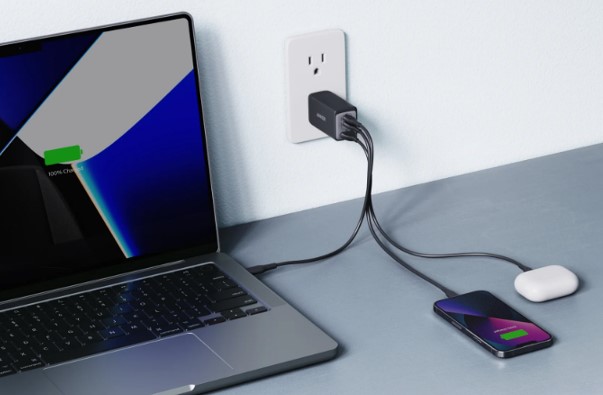Overcharging is a common concern among iPhone users, especially with the increasing reliance on our devices for daily tasks. While modern iPhones have built-in mechanisms to prevent overcharging, taking extra precautions can help maintain battery health and prolong your device’s lifespan. Here are some essential tips for avoiding overcharging your iPhone, ensuring both efficiency and safety.
Use Certified Chargers
Always use Apple-certified chargers and cables. Certified chargers are designed to meet Apple’s stringent safety and performance standards, ensuring they provide the correct amount of power to your iPhone. Using uncertified or counterfeit chargers can result in inconsistent power delivery, which can overheat the battery and damage the device. Look for the “Made for iPhone” (MFi) logo on accessories to ensure they meet Apple’s quality standards.
Enable Optimized Battery Charging
iPhones with iOS 13 and newer versions include a feature called Optimized Battery Charging. This feature adapts to your daily charging habits and minimizes battery wear by capping the charge at 80% until you actually need to use your phone. To enable this feature, go to Settings > Battery > Battery Health & Charging, and toggle on “Optimized Battery Charging.” This intelligent feature helps prevent prolonged exposure to full charge, which can degrade battery health over time.
Avoid Overnight Charging
Charging your iPhone overnight is convenient but can lead to prolonged exposure to 100% charge. While the iPhone’s built-in protections minimize the risk, it’s still best to avoid leaving your device plugged in for extended periods. Consider charging your phone during the day when you can unplug it once it reaches full charge. Alternatively, use a smart plug with a timer to cut off power after a set period, reducing the risk of overcharging.
Monitor Battery Health
Regularly checking your iPhone’s battery health can help you understand how well your battery is performing and whether it’s being overcharged. Go to Settings > Battery > Battery Health & Charging to see the maximum capacity and peak performance capability of your battery. If you notice significant degradation, it might be time to adjust your charging habits or consider a battery replacement.

Charge in Cool Environments
Heat is a major factor in battery degradation. Charging your iPhone in a cool environment can help prevent overheating, which is often exacerbated by overcharging. Avoid leaving your iPhone in direct sunlight or hot environments while charging. If your device becomes too hot, it may temporarily limit charging to protect the battery.
Avoid Using Your Phone While Charging
Using your iPhone while it’s charging can generate additional heat, increasing the risk of battery damage. Activities such as gaming or streaming video while charging can cause the device to heat up. It’s best to minimize usage during charging sessions, allowing your iPhone to charge more efficiently and safely.
Regular Battery Maintenance
To maintain optimal battery health, consider performing regular maintenance such as allowing your iPhone to discharge to around 20-30% before recharging. This practice can help recalibrate the battery sensor, ensuring accurate battery level readings. Additionally, avoiding frequent full discharges (going to 0%) can help preserve the overall health and longevity of your battery.
Conclusion
Avoiding overcharging is crucial for maintaining your iPhone’s battery health and ensuring its longevity. By using a certified iphone charger, enabling Optimized Battery Charging, avoiding overnight charging, and employing smart charging practices, you can effectively prevent overcharging and extend the lifespan of your device. Regular monitoring and maintenance, along with mindful charging habits, can help you get the most out of your iPhone’s battery, keeping it efficient and reliable for years to come.


